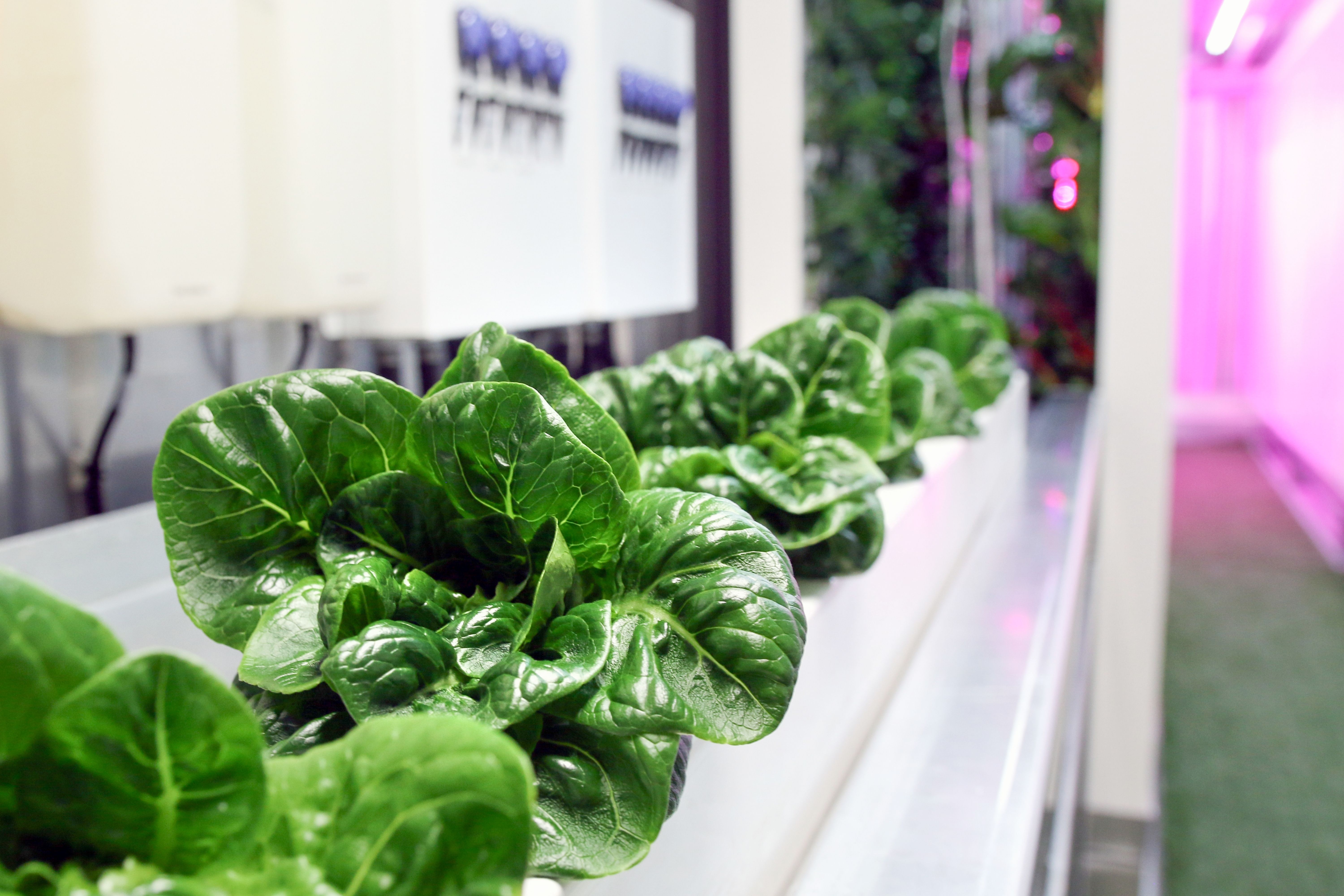
Latest information

Néboda Farms, a revolution in traditional agriculture
At Néboda Farms they define themselves as "farmers of the future in the present". And it's no surprise given their proposal, with which they intend to revolutionise traditional agriculture through the commitment to two fundamental axes: technology and science.
The engineers Roberto Estévez and Iván García are the promoters of an entrepreneurial team made up of six people working from the city of Vigo. Its project is based on the production and commercialisation of high quality crops through the use of vertical indoor technology, targeting the market of packaged salads and aromatic herbs. In fact, in 2020, they sold their first products on the horeca (catering and hospitality industry) channel, including sales to several Michelin Star restaurants.
The solution they have designed, called Néboda Smart Factory 4.0 (NSF), involves the development of their activity inside a building with a totally controlled climate. These are hydroponic crops, in which soil is not used, lighting is provided by LED technology and there is a very high level of sensorisation, elements that facilitate the achievement of an aseptic environment. Water savings reach 90% compared to traditional crops.
In addition, it is a type of production in which no pesticides or herbicides are used, resulting in tastier, ultra-fresh, very safe, traceable and nutritious products, available all year round and marketed as a local product.
Innovation at the service of competitiveness
The company's first major investment was the acquisition of cutting-edge technology imported from the USA to validate the value proposition of indoor vertical farming, which served as a knowledge base for the design of NSF 4.0.
The system they have developed has a manipulator and scientific robot designed by themselves that incorporates automatic management of cultivation units and massive data acquisition; an architecture that allows maximum production flexibility; advanced nutrient solution control, with a reduction in water consumption of more than 50% compared to other hydroponic systems, increased biomass and crop quality, and the consequent reduction in nutrient costs. In addition, the FMS system enables automatic transport between operations and processing of intelligent operations per trace.
The company's main challenge is to achieve a differential product in order to be competitive in costs, one of the main handicaps of indoor vertical farming. In fact, NSF 4.0 will allow them to reduce investment needs, save production costs and be able to make tasks automatic.
Regional support
For the development of its initiative, the company has benefited from different lines of support from the Regional Government of Galicia aimed at promoting innovative SMEs. In 2021, they were one of the beneficiary companies of InnovaPeme, a programme managed by the Galician Innovation Agency aimed at boosting the innovative plans of small and medium-sized companies.
That same year, they also reached an agreement with the University of Vigo, which allowed them to progress in their growth objectives, and joined the acceleration phase of the Business Factory Food, with the development of new product varieties and their commercial launch to the retail channel.
Néboda is also one of the entities that will be supported by the Regional Government of Galicia through the Neotec recovery programme, aimed at Galician companies favourably evaluated in this state call that did not obtain financing due to lack of credit. Thanks to this grant, which is worth 325,000 euros, they will build the prototype that will allow them to digitise the entire cultivation process with which they will be able to confirm that they are cost-competitive in 2023. The following year, they plan to open their first factory, which will mean making the leap to the industrial scale with an annual turnover of 3.5 million euros and will lead to the internationalisation of the company.
Among its plans for the future is also to democratise the accessibility of its products through large-scale distribution with a presence on all shelves. For this reason, they are already working on a product portfolio for when the prototype is operational in 2023, in order to expand their market through the retail sector.